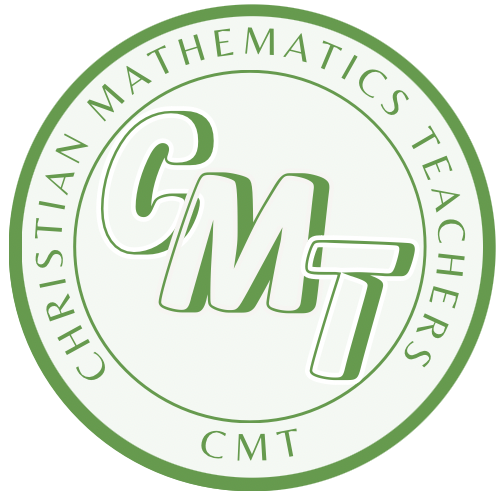In general:

Providing feedback on assessments is one way to value students’ work!
Assessing life-long learning goals:
Many teachers are uncomfortable with the idea of ‘assessing’ faith. However:
“What is assessed and reported shows what is really valued”
Hanscamp et al., 2019, p. 94

Strategies include:
- Use student outlines and self-assessment rubrics to make learning goals clear and provide a pathway to ‘success’.
- Utilise formative assessment practices to give input and feedback to students. These practices can ensure that the Christian teacher makes intentional steps towards faith goals as well as mathematical goals.
- Discussion questions are a useful tool. Student responses provide valuable insights into their progress towards their life-long learning outcomes.
- The teacher can give feedback to their students in the form of a follow-up question to further challenge their thinking and move them forward in their faith journey.
- Design assignments that explore real-life issues. Have students come to expect a personal reflection question at the end of their assignments and even their exams.
- When grading, marks should be assigned to “thoughtful answers” rather than “correct answers”.
- The general capabilities within the Australian curriculum provide scope for inclusion in assessments. For instance, here are just a few examples:
- Personal and social capability – self-awareness – reflective practice (students set goals with their self-reflection rubric; respond thoughtfully to ‘reflection questions’ on assignments and exams).
- Personal and social capability – social management – collaboration
- Critical and creative thinking – reflecting – transfer knowledge (students use their learning to help others)
- Numeracy – statistics and probability – interpreting and representing data.
- Year 11 and 12 students have similar ‘learning requirements’ or scope under mathematical communication.
- See assignments for some examples of how life-long learning requirements can be goals.
- Here is an example of exams that include life-long learning goals: Year 7 numeracy
Note: students’ beliefs should never be assessed or graded.
Reflection questions can be written in such a way that they allow students to respond regardless of their beliefs. However, their ability to reflect and apply their mathematical knowledge in context (communicate mathematically) can be assessed!
If assessment is about understanding where students are at, and education is about holistic formation, then teachers can offer insight and commentary about faith and character formation-in a Christian school, these are inseparably woven in all teaching and learning.
Hanscamp et al., 2019, p. 95
